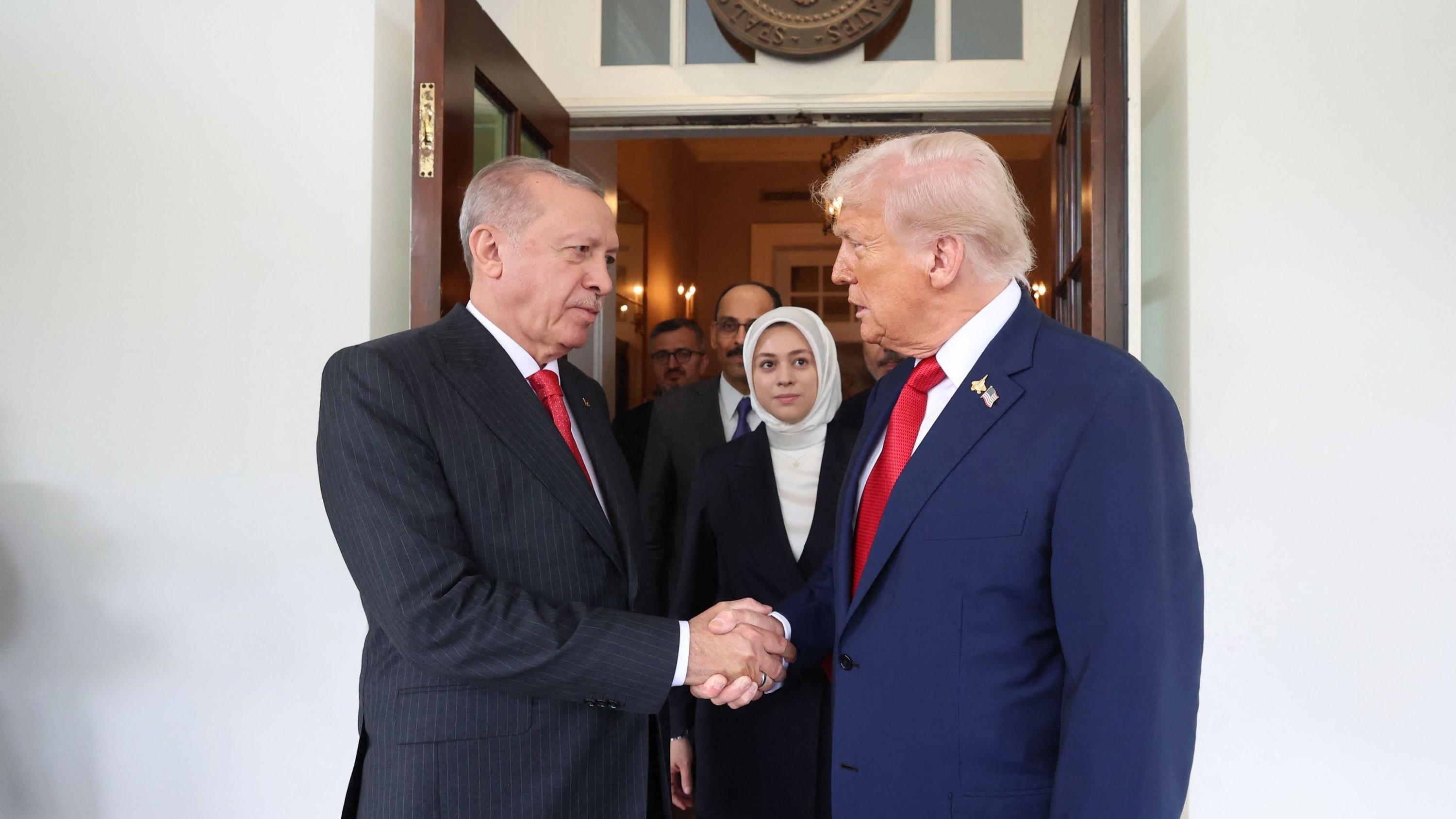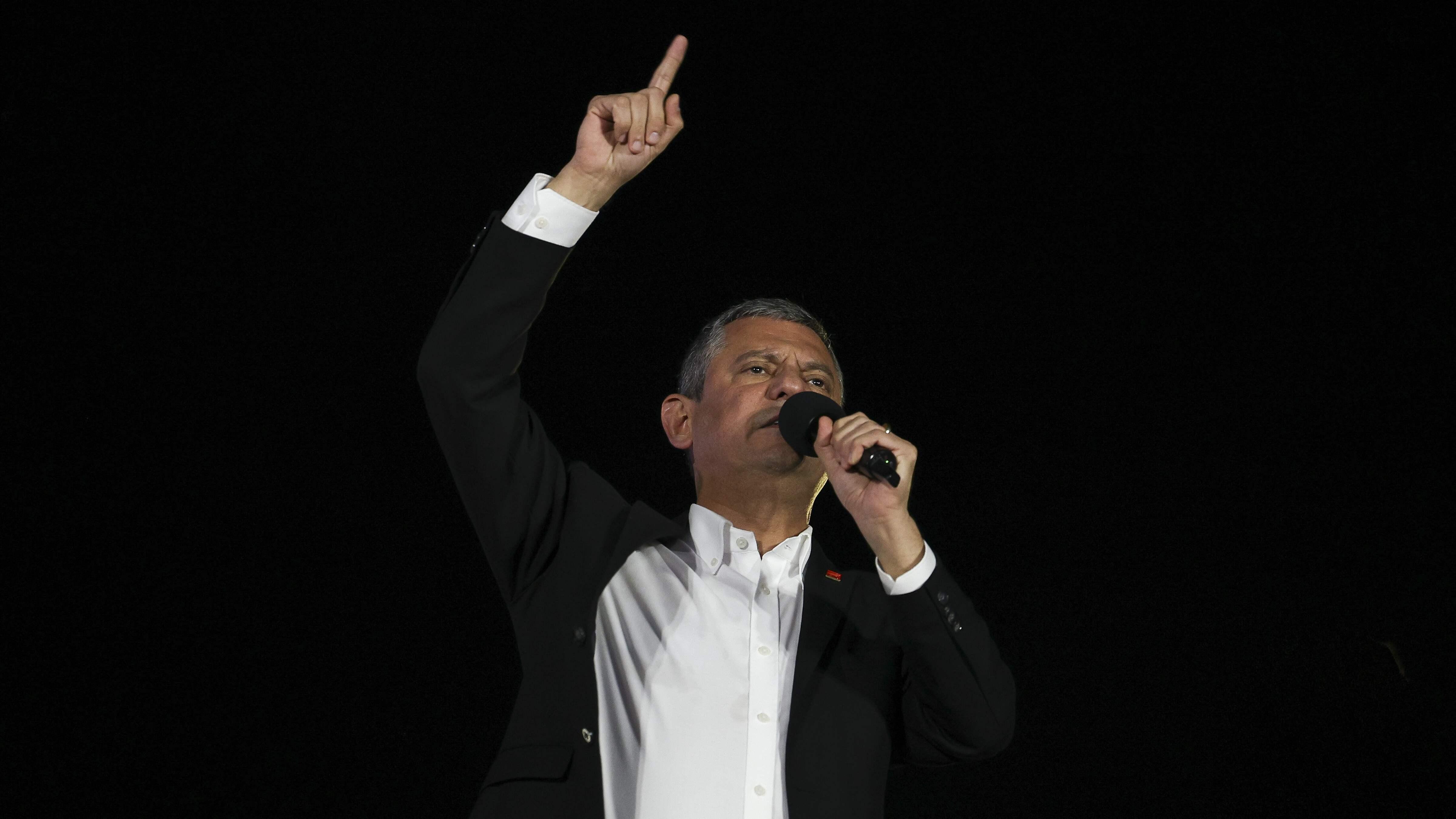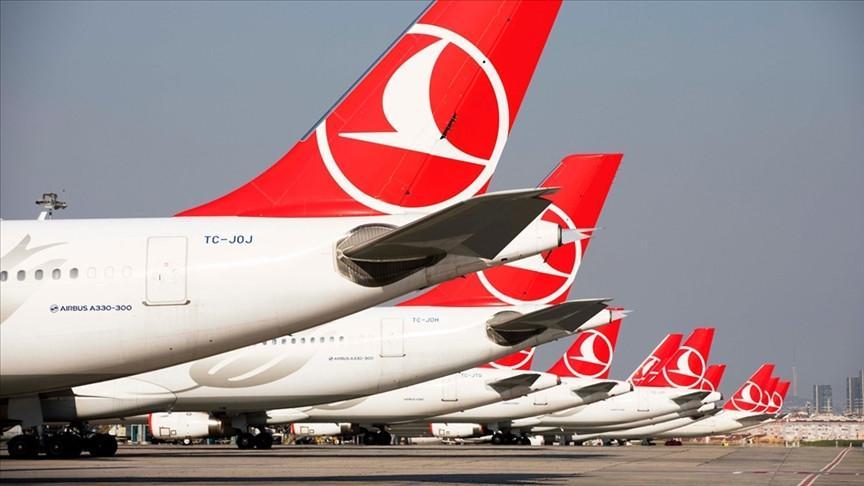German police to get power to shoot down drones: minister
BERLIN

German federal police will soon be allowed to shoot down unmanned aerial vehicles, Interior Minister Alexander Dobrindt said Wednesday, after a spate of drone sightings believed to be Russian efforts to spy and intimidate.
Unveiling a draft law, Dobrindt said police would be authorised "to take state-of-the-art technical action against drone threats, for example with electromagnetic pulses, jamming, GPS interference, but also with physical means.
"This means that the interception and shooting down of drones will be regulated and possible for the Federal Police in the future."
Germany was learning about modern UAV defences from its allies Israel and Ukraine, he said, adding that it would also set up a joint drone defence centre for state and federal police to develop situation reports "and take joint countermeasures".
Germany — a major NATO backer of Ukraine in its fight against Russia — has reported multiple drone sightings this year over military bases, industrial sites and other critical infrastructure.
Last weekend, drones spotted over the southern city of Munich twice shut down the city's airport, grounding thousands of passengers after their flights were cancelled or re-routed, echoing similar incidents in Denmark and Norway.
"Our suspicion is that Russia is behind most of these drone flights," Chancellor Friedrich Merz told public broadcaster ARD in an interview on Sunday.
The next day, speaking on news channel NTV, Merz pointed to recent comments by Russian President Vladimir Putin and said that "it's quite obvious that he even admits that it comes from Russia".
"He wants to intimidate us, he wants to frighten us. We won't allow ourselves to be intimidated, and we will defend ourselves effectively against this threat."
Mystery sightings
There has been a spate of UAV mystery sightings over German military sites, ports, power plants, industrial sites and gas storage facilities.
However, the drones have usually vanished again before authorities could find out where they came from.
Drones spotted over the northern coastal state of Schleswig-Holstein are believed to have been launched from Russian "shadow fleet" vessels.
The German armed forces already have technical capabilities to counter drones — but only very limited powers under the German basic law to operate domestically.
Methods include using shoulder-mounted GPS jammers which can sever the connection between a drone and its pilot and cause the device to crash.
Drones can also be shot out of the sky but at the risk of causing injuries and damage from falling debris.
Another defence is using interceptor drones that crash into UAVs or hurl nets over them mid-air.
State and federal police can now request the German military's assistance in drone detection, in special circumstances, as was the case at Munich airport.
Dobrindt said that as federal police would now take the lead in securing the skies against drones, a new unit would be created for the development and research of drone defence.
"We are already in exchange with countries that have significantly more experience," he told a Berlin press conference. "We are in intensive exchange with Israel, we are also in exchange with Ukraine."
















